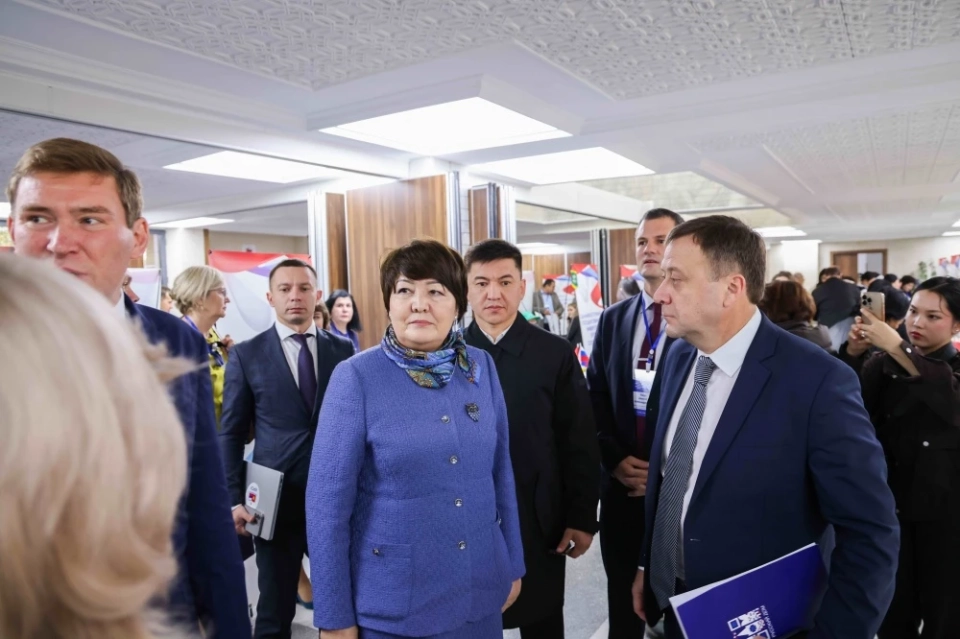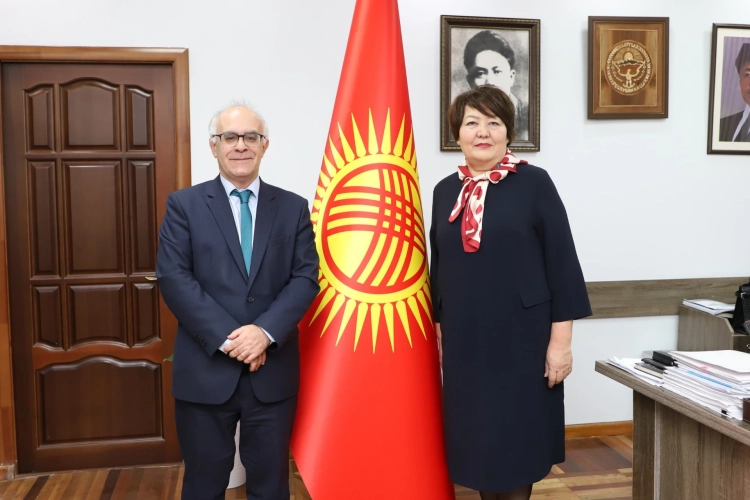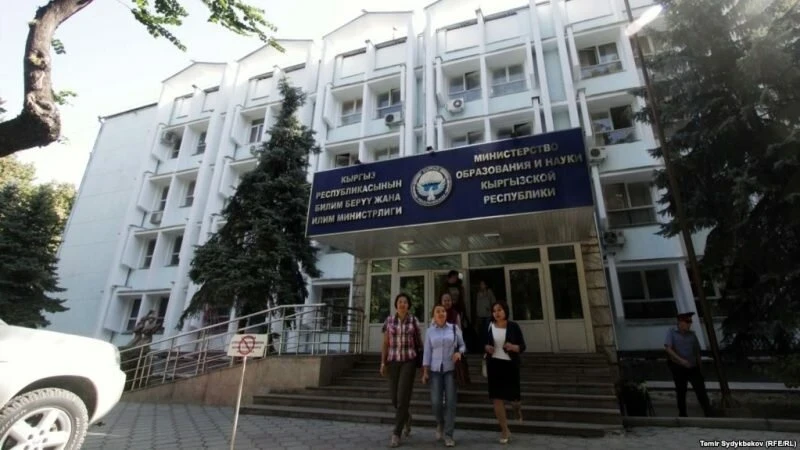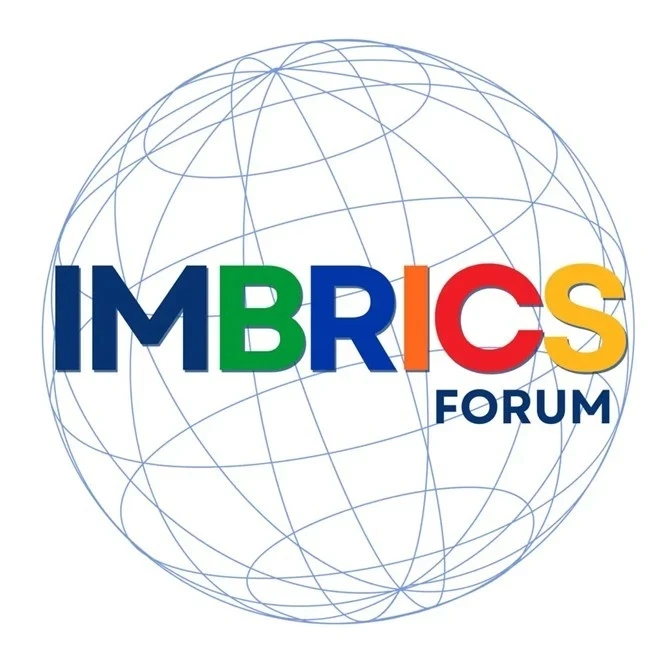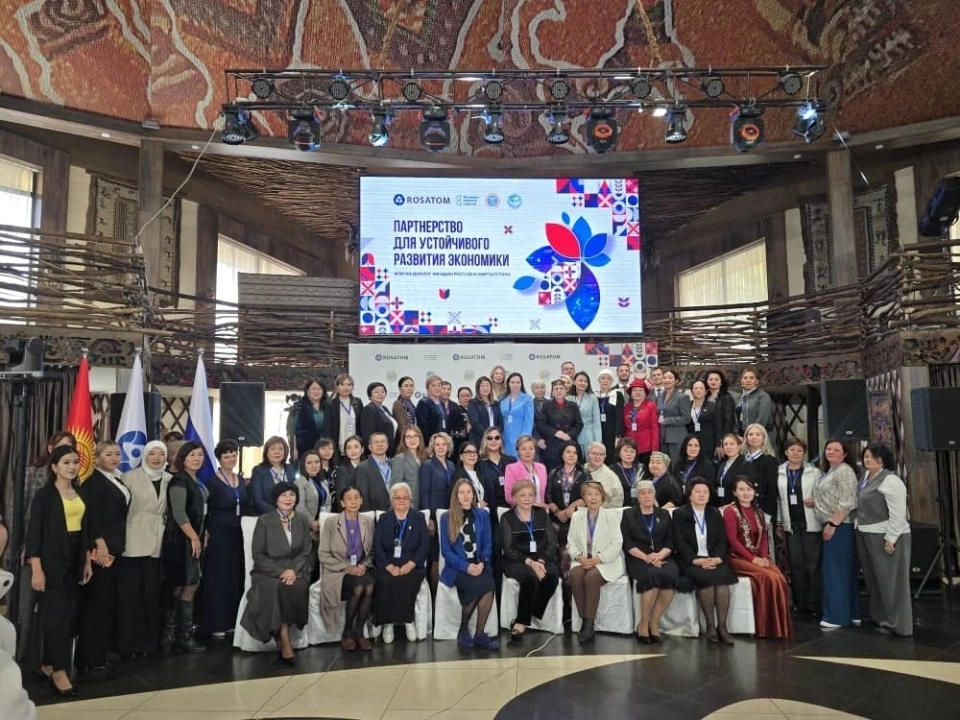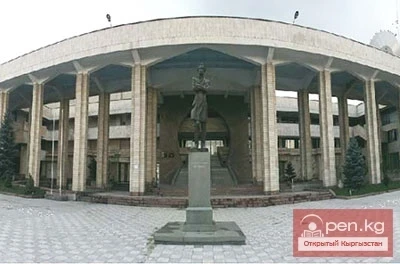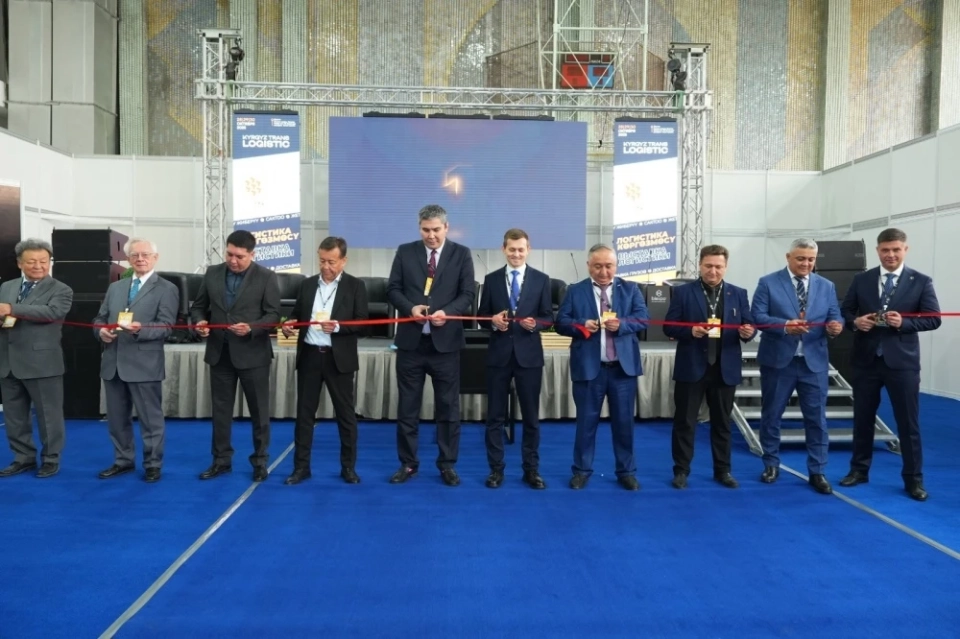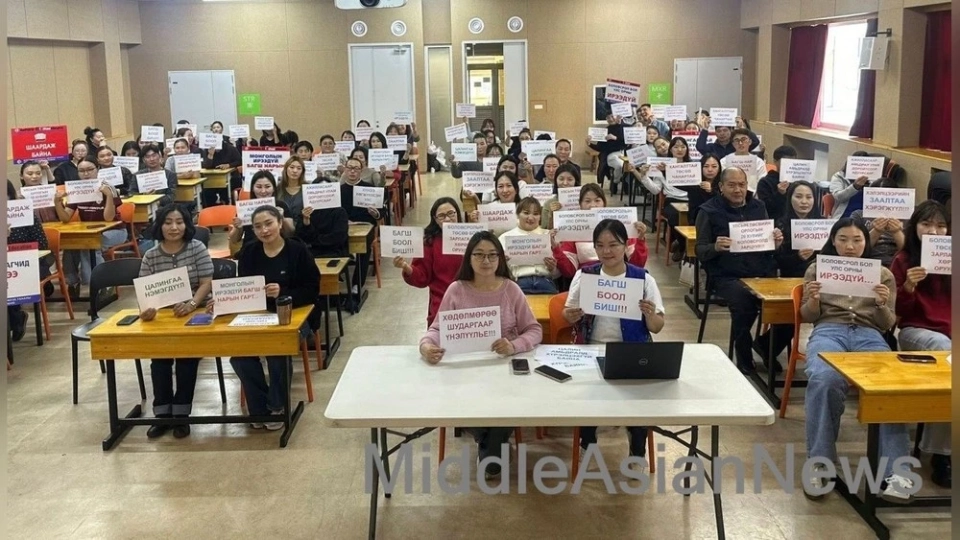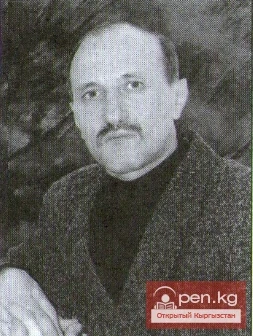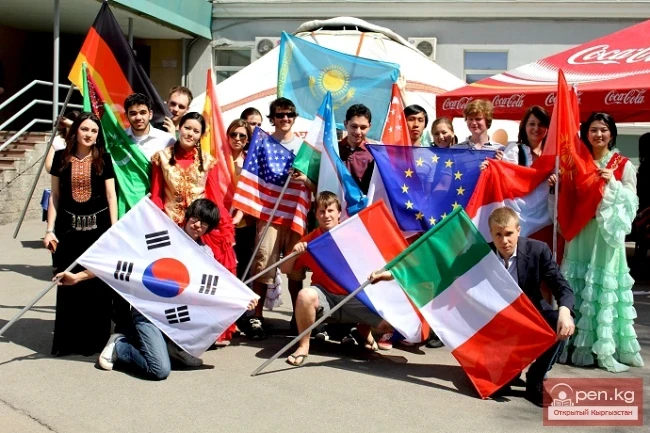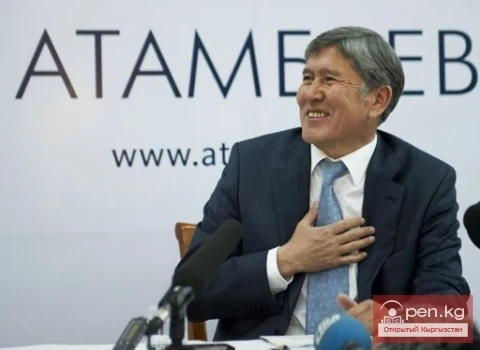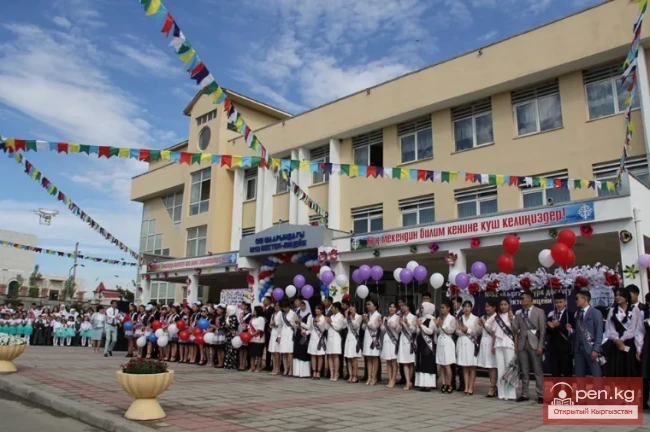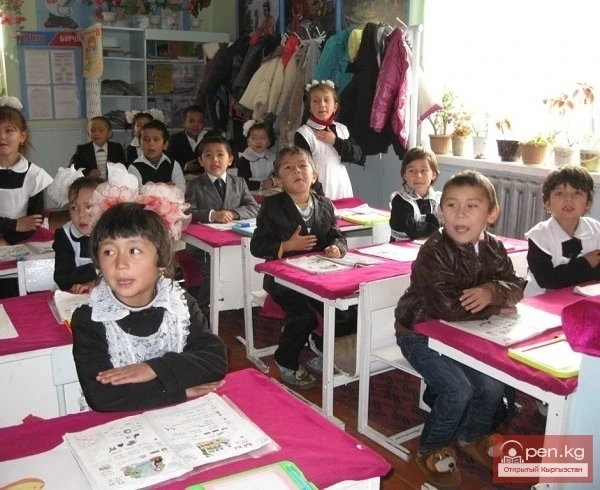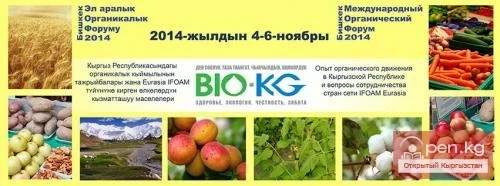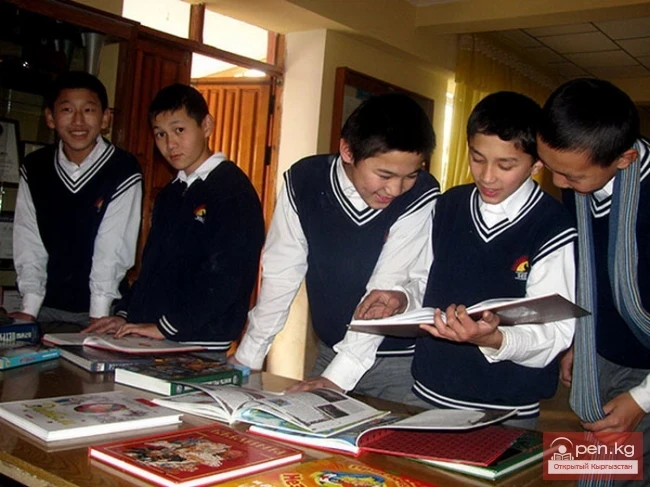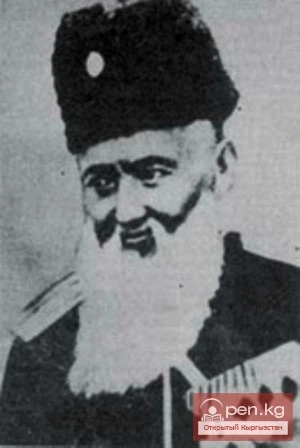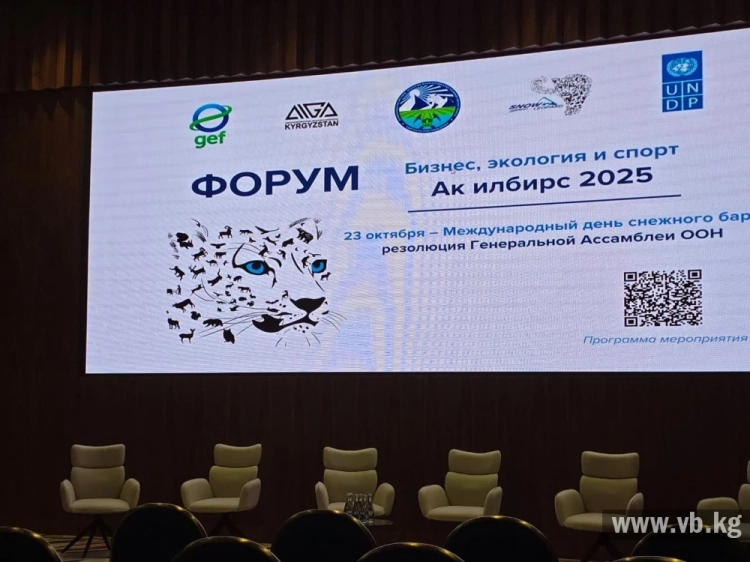The forum was organized by Rossotrudnichestvo, the Southwest State University (Kursk), and the Ministry of Education of the Kyrgyz Republic, with support from KRSU, the Kyrgyz State University named after Ishenaly Arabaev, and the Eurasia NGO. The opening of the forum was attended by the Minister of Education of the Kyrgyz Republic Dogdurkul Kendirbaeva, the Deputy Head of Rossotrudnichestvo Pavel Shevtsov, the First Secretary of the Russian Embassy Alexey Poida, and leaders of major educational institutions, highlighting the significance of this event as a platform for educational diplomacy.
Creating a Unified Educational Space
The main goal of the forum is to form a common educational space between Kyrgyzstan and Russia. Participants discuss important topics such as teacher training, the development of management teams, the application of digital technologies, and new approaches to education. Over three days, sessions, plenary meetings, and master classes are planned to help make schools more modern and open.
In her opening speech, the Minister of Education of the Kyrgyz Republic Dogdurkul Kendirbaeva emphasized that the modernization of the educational system must meet contemporary requirements:
"Education knows no borders. Our task is to shape the personality of a citizen while preserving national roots and opening the path to the future."
She also noted that Kyrgyzstan is continuing the transition to a 12-year education system and updating state standards. A significant issue remains the shortage of teachers, especially in the natural sciences, which creates problems for some regions.
"In some areas, entire subject areas have been closed. We must act quickly — launching retraining courses and creating a system of continuous professional development," added Kendirbaeva.
According to her, a national educational platform in two languages has already been launched, and electronic textbooks and digital courses are being developed. More than 200 Kyrgyz teachers have undergone internships in Russia, and a similar number is expected to go to Russia in the near future.
Strong Ties Between Russia and Kyrgyzstan
The Deputy Head of Rossotrudnichestvo Pavel Shevtsov noted that this forum is not just an exchange of opinions but the creation of a real network of professionals addressing common challenges:
"No online platform can replace a live meeting. Here, school directors share practices, solve specific problems, and shape the agenda for the future."
He also emphasized the need for careful integration of technologies into the educational process:
"Artificial intelligence is our assistant, but it should not replace personal pedagogical interaction. The center of the school will always remain the person — the teacher."
The First Secretary of the Russian Embassy Alexey Poida confirmed Russia's intention to continue cooperation:
"Today, more than 10,000 citizens of Kyrgyzstan are studying in Russian universities. Russia offers quotas and launches joint teacher training programs, as well as builds modern schools with thousands of student places."
The rector of KRSU Sergey Volkov characterized the university as a "practical center of the Eurasian educational space":
"KRSU supports schools at all stages — from teacher training to professional development. Here, the best practices of Russia and Kyrgyzstan are combined."
.
The "School Twinning" Project and University Exhibition
As part of the forum, the Eurasia NGO presented the "School Twinning" project, which creates direct connections between educational institutions in both countries, facilitating the exchange of experience, joint programs, and intercultural initiatives.
At the same time, an exhibition of Russian universities titled "Education in Russia - 2026/27," organized by Rossotrudnichestvo, opened at KRSU. Participants can familiarize themselves with the offerings of 28 leading universities from Russia in various cities, such as Moscow, St. Petersburg, Kazan, Samara, Yekaterinburg, and Tyumen.
The exhibition provides information about new educational programs, conditions for studying under state quotas, and opportunities for academic exchange. This event has become an important part of the forum, emphasizing that cooperation between the two countries is built not only on dialogue but also on concrete opportunities for students and schoolchildren.
The Forum as a Strategic Platform
The organizers emphasized that the Forum of School Leaders is becoming an important institutional platform for educational diplomacy, where solutions capable of influencing the development of the school system are formulated. Following the forum, recommendations will be prepared for improving teacher qualifications, developing specialized classes, and integrating digital technologies.
In the coming days, participants will continue discussions at the Kyrgyz State University named after Ishenaly Arabaev, where thematic sections and practical sessions are planned.
For many directors, the forum has become not only an opportunity for experience exchange but also a confirmation that educational cooperation between Russia and Kyrgyzstan is transitioning into a long-term strategy for the development of human capital in the region.
